NSA snooping phone records of US citizens
Secret US court order allows government agency to monitor Verizon customers.

Sign up today and you will receive a free copy of our Future Focus 2025 report - the leading guidance on AI, cybersecurity and other IT challenges as per 700+ senior executives
You are now subscribed
Your newsletter sign-up was successful
The United States' National Security Agency (NSA) has been collecting the smartphone data of millions of Verizon customers, since mid-April.
Under the top secret' court order unearthed by The Guardian, Verizon is obliged to provide the NSA with specific information on a daily basis for a three months.
Information is being collected from citizens regardless of whether they are suspected of committing any crimes. The NSA is permitted to access 'Telephony metadata'. This data includes the originating and receiving numbers, the time, place and duration of the call, as well as the International Mobile Subscriber Identity (IMSI) of both numbers.
The data covers calls made within the US and calls from the US to other countries. However, it does not include access to calls made by US citizens within foreign countries.
Although the Telephony metadata does not include the content of the call, caller names, addresses or financial information, the NSA is likely to use the information it does receive to piece together a citizen's individual associations and communication patterns.
The data collection started on 24 April and runs up until the 19 July, barring any extensions. It is the first appearance of large-scale, undisclosed domestic data collection by the US government since the Bush administration.
In the UK a proposed "Snoopers Charter" which aimed to monitor UK citizens in a similar way was scrapped after being vetoed by Deputy Prime Minister Nick Clegg. However, in the wake of the Woolwich terrorist attack, Home Secretary Theresa May hinted that the government may try to resusitate it.
Sign up today and you will receive a free copy of our Future Focus 2025 report - the leading guidance on AI, cybersecurity and other IT challenges as per 700+ senior executives
-
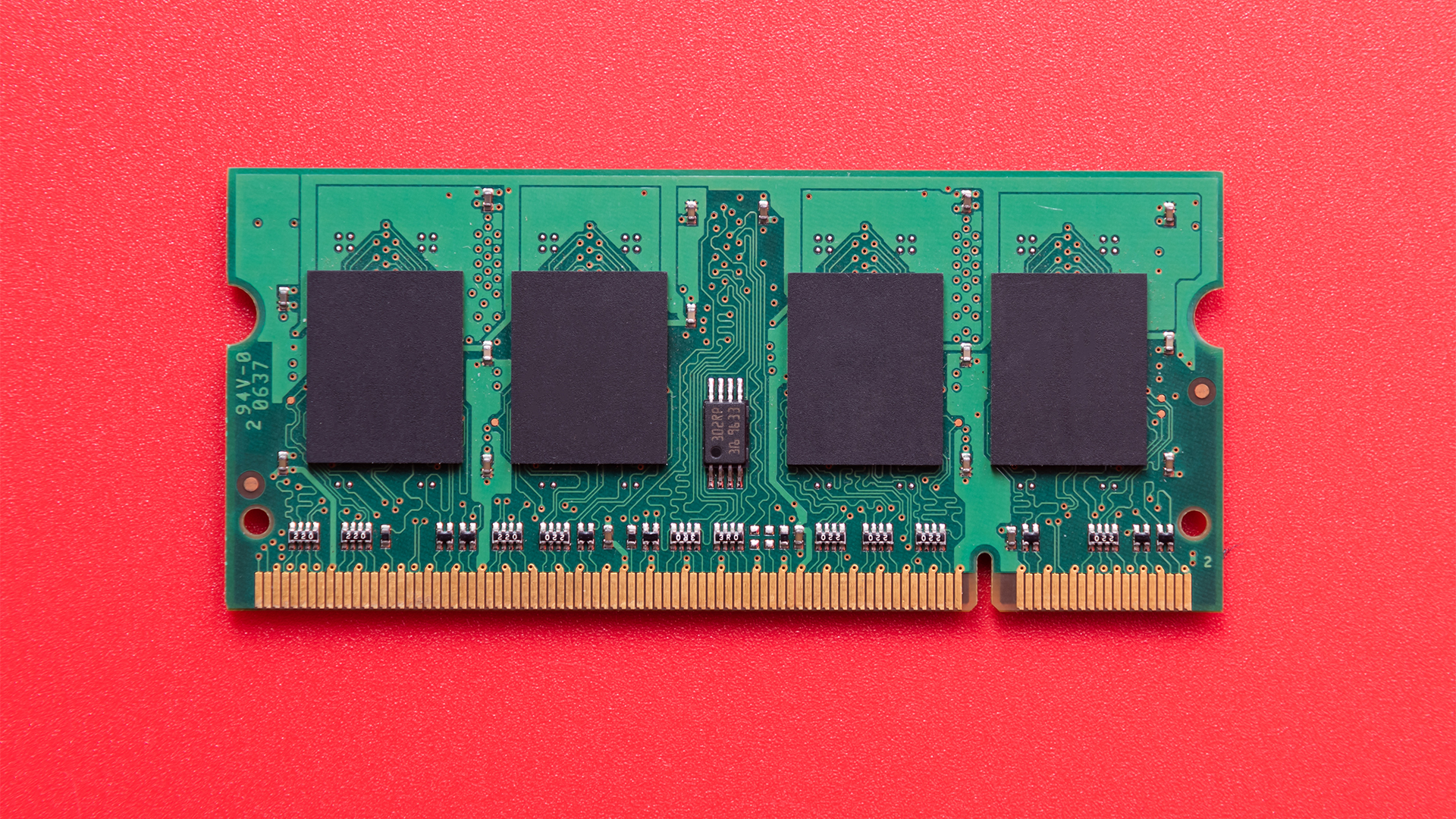 Scalper bots are running riot as memory shortages continue
Scalper bots are running riot as memory shortages continueNews DataDome says bots are driving up the price of DRAM even further thanks to AI demand
-
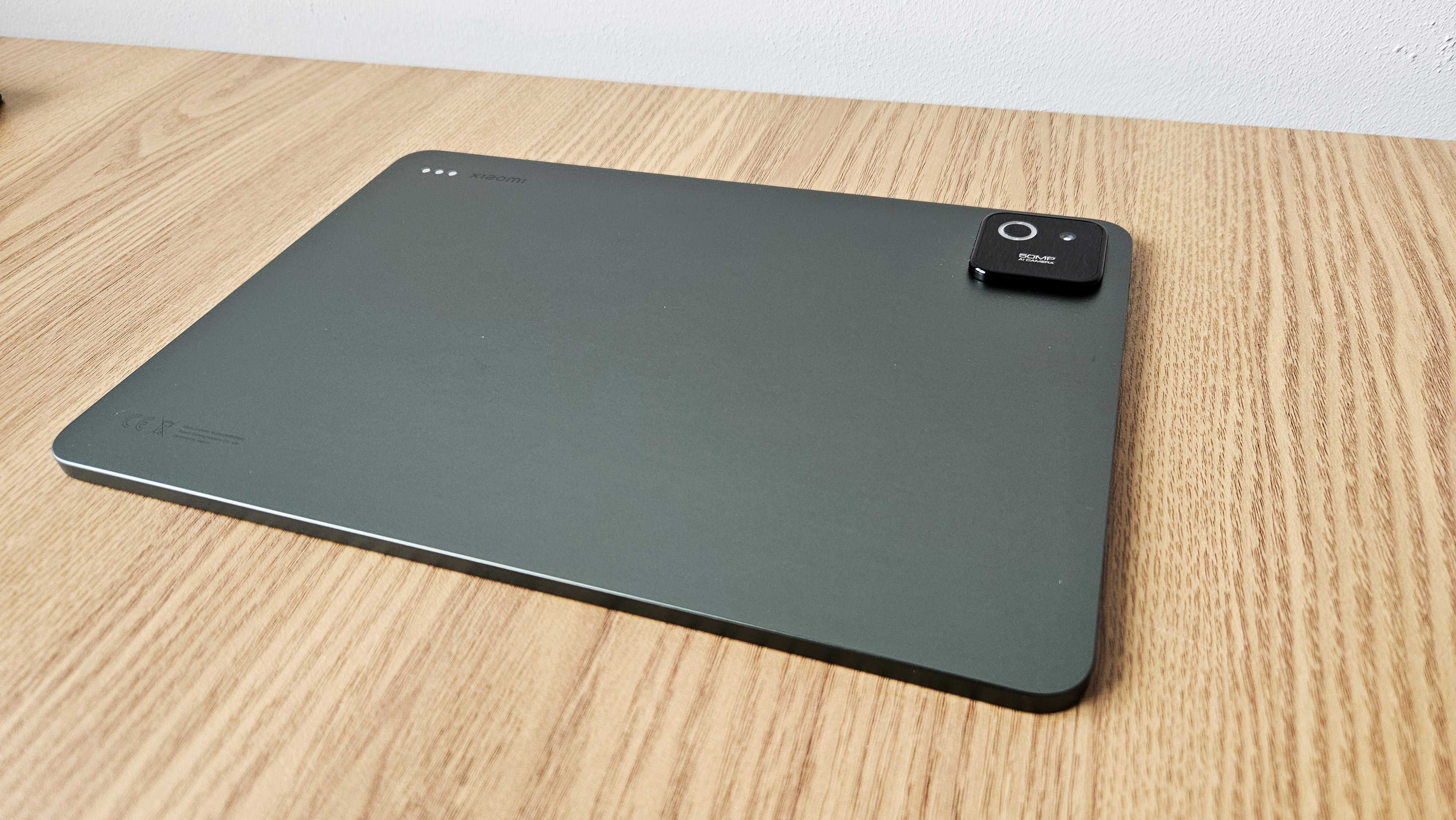 Xiaomi Pad 8 Pro review
Xiaomi Pad 8 Pro reviewReviews Xiaomi's newest entry offers strong performance, a vibrant 11-inch screen and a blockbuster battery life to maximize productivity
-
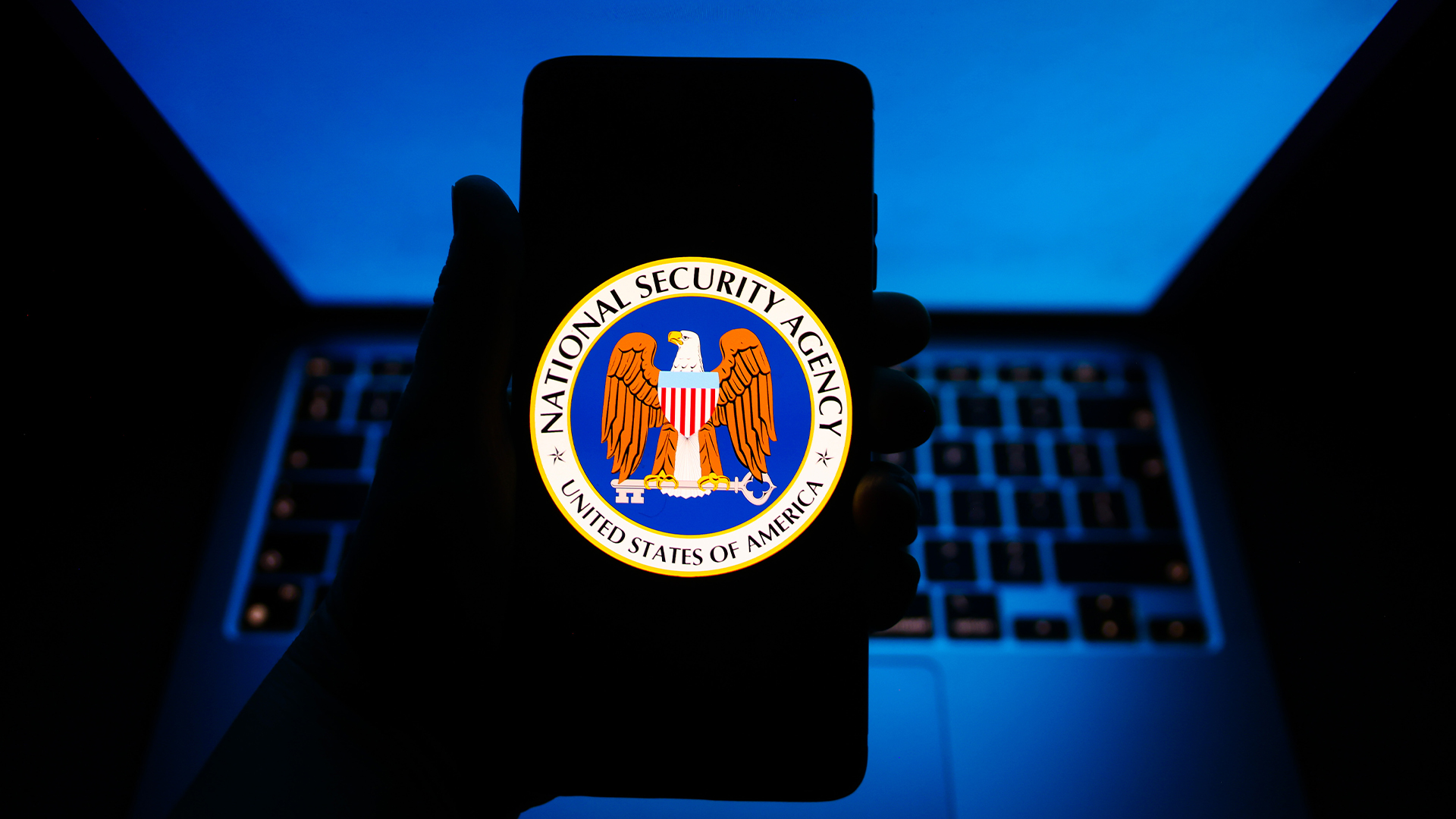 What security teams need to know about the NSA's new zero trust guidelines
What security teams need to know about the NSA's new zero trust guidelinesNews The new guidelines aim to move an organization from discovery to target-level implementation of zero trust practices
-
 Hackers are lying low in networks to wage critical infrastructure attacks - here’s how they do it
Hackers are lying low in networks to wage critical infrastructure attacks - here’s how they do itNews Hackers are researching key IT workers in their bid to gain access to vital systems
-
 ASUS, Cisco, Netgear devices exploited in ongoing Chinese hacking campaign
ASUS, Cisco, Netgear devices exploited in ongoing Chinese hacking campaignNews Critical national infrastructure is the target of sustained attempts from state-sponsored hackers, according to Five Eyes advisories
-
 US reveals bespoke tool that took down Russian malware operation
US reveals bespoke tool that took down Russian malware operationNews Snake had been used to steal NATO countries’ data for 20 years
-
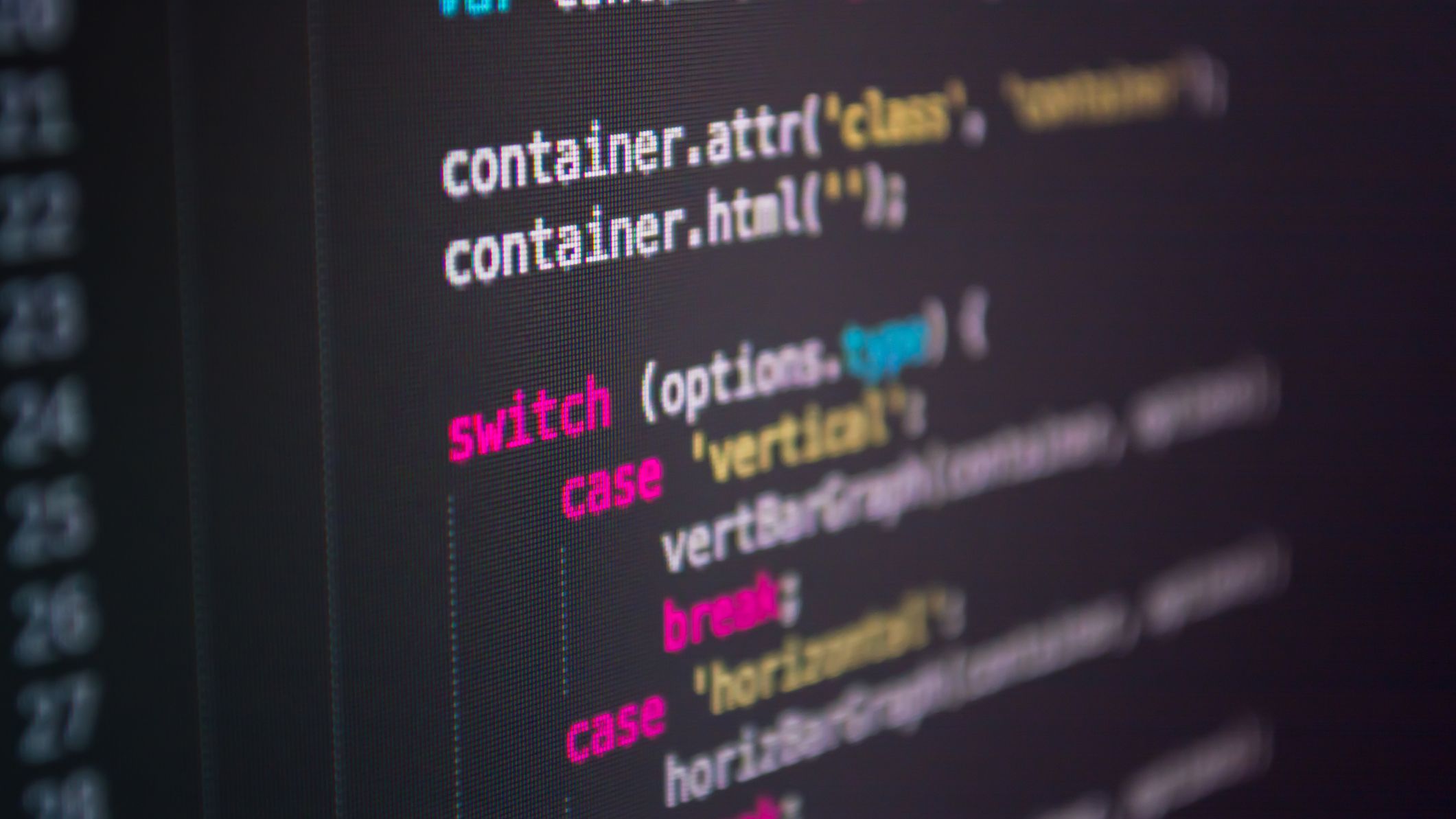 Move away from memory-unsafe languages like C and C++, NSA urges
Move away from memory-unsafe languages like C and C++, NSA urgesNews The US agency advises organisations to begin using languages like Rust, Java, and Swift
-
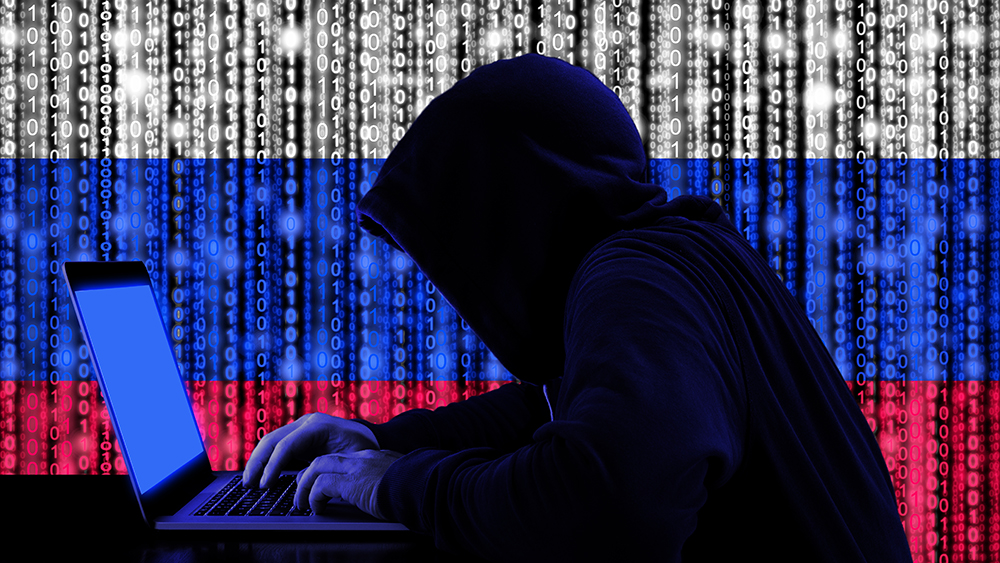 US gov issues fresh warning over Russian threat to critical infrastructure
US gov issues fresh warning over Russian threat to critical infrastructureNews The FBI, NSA and CISA have urged network defenders to be on "heightened alert" for Russian cyber attacks
-
 NSA warns smartphone users of ‘large scale data tracking’
NSA warns smartphone users of ‘large scale data tracking’News Common features like Bluetooth and Wi-Fi can reveal sensitive details about users like their daily routines
-
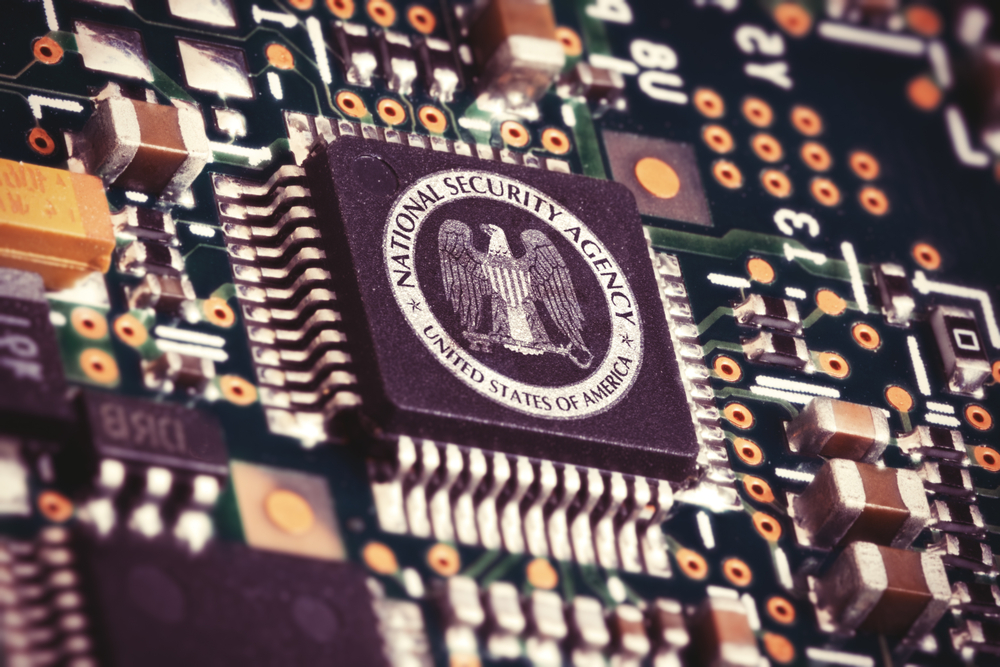 NSA hands serious flaw to Microsoft rather than use it
NSA hands serious flaw to Microsoft rather than use itNews Patch Windows 10 now, as the NSA has spotted a bug impacting security certificates